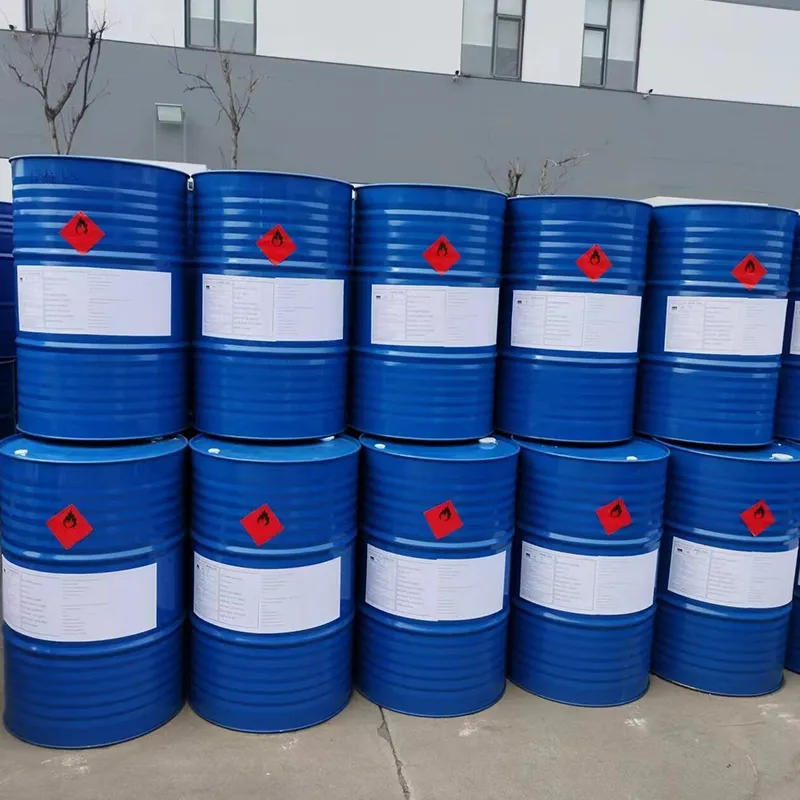
ionic solvents
The Role of Ionic Solvents in Modern Chemistry
Ionic solvents, a class of solvent systems comprising ionic liquids and salts dissolved in an appropriate medium, have gained significant attention in recent years, particularly in the fields of organic and inorganic chemistry, materials science, and electrochemistry. Their unique properties, such as high thermal stability, low volatility, and tunable solvation capabilities, make them suitable candidates for a variety of applications ranging from catalysis to energy storage.
Understanding Ionic Solvents
Ionic solvents can be considered as a bridge between traditional solvents and ionic conductors. Unlike conventional organic solvents, which are often volatile and may pose environmental hazards, ionic solvents are typically non-volatile and exhibit a negligible vapor pressure. This characteristic not only reduces the risk of air pollution but also enhances safety in chemical processes.
One of the most crucial subsets of ionic solvents is ionic liquids (ILs), which are salts in a liquid state at relatively low temperatures (below 100°C). They are composed entirely of ions and can be tailored to exhibit specific properties by varying their cation and anion combinations. Commonly discussed ionic liquids include imidazolium and pyridinium-based salts, which have distinct solvation capabilities and stability.
Advantages of Ionic Solvents
1. Environmental Benefits Ionic solvents significantly reduce harmful emissions due to their low volatility. This aspect is particularly valuable in the context of green chemistry, where sustainability is of paramount importance.
2. Stability Many ionic solvents demonstrate exceptional thermal stability and are capable of operating under high-temperature conditions. This stability is beneficial in industrial reactions that require elevated temperatures.
3. Tunable Properties The vast array of possible cation-anion combinations allows chemists to fine-tune the properties of ionic solvents to meet specific needs. Adjusting the molecular structure can lead to changes in viscosity, conductivity, and solvent polarity, making them suitable for various chemical reactions.
Applications of Ionic Solvents
ionic solvents

The unique characteristics of ionic solvents enable a wide range of applications
- Catalysis Ionic solvents can act as solvents or medium for catalytic reactions, often enhancing reaction rates. They can stabilize transition states, leading to better product yields.
- Electrochemistry In energy storage systems, such as batteries and supercapacitors, ionic solvents serve as electrolytes. Their high ionic conductivity and thermal stability contribute to improved efficiency and longevity of these devices.
- Extraction and Separation Techniques Ionic solvents are effective in processes such as extraction, separation, and purification of compounds. Their unique solvation properties can selectively solvate various species, making them useful in recovering valuable materials from waste and reducing toxic byproducts.
Challenges and Future Directions
Despite the numerous advantages, the adoption of ionic solvents also faces challenges. One significant issue is the high cost of synthesis and purification processes compared to conventional solvents. Moreover, the environmental impact of some ionic liquids remains under scrutiny, as certain ion combinations could exhibit toxicity or environmental persistence.
Research is actively ongoing to develop cost-effective, biodegradable ionic solvents that maintain the beneficial properties of current systems. Innovations in the synthesis of ionic liquids, such as using renewable resources or green chemistry principles, hold promise for advancing this field.
Conclusion
Ionic solvents represent a frontier in modern chemistry, offering versatile solutions to many of the challenges faced by traditional organic solvents. With their unique properties and wide-ranging applications, they are poised to play a critical role in future chemical processes, especially those aligned with the principles of sustainability and environmental responsibility. As research progresses, it is likely that ionic solvents will contribute significantly to a greener and more efficient approach to chemical production and use.
-
Buy High-Quality Trichloroisocyanuric Acid for Sale | TCCA 90% SupplierNewsAug.30,2025
-
Pure Sodium Dichloroisocyanurate Dihydrate | Powerful DisinfectantNewsAug.29,2025
-
Industrial Chemicals: Quality & Purity for Every IndustryNewsAug.28,2025
-
Nitrile Rubber Honoring Strict Production StandardsNewsAug.22,2025
-
Aspartame Ingredients Honoring Food Safety ValuesNewsAug.22,2025
-
Fertilizer for Balanced Plant NutritionNewsAug.22,2025
-
Cyanide Gold Processing with High Purity AdditivesNewsAug.22,2025
Hebei Tenger Chemical Technology Co., Ltd. focuses on the chemical industry and is committed to the export service of chemical raw materials.
-

view more DiethanolisopropanolamineIn the ever-growing field of chemical solutions, diethanolisopropanolamine (DEIPA) stands out as a versatile and important compound. Due to its unique chemical structure and properties, DEIPA is of interest to various industries including construction, personal care, and agriculture. -

view more TriisopropanolamineTriisopropanolamine (TIPA) alkanol amine substance, is a kind of alcohol amine compound with amino and alcohol hydroxyl, and because of its molecules contains both amino and hydroxyl. -

view more Tetramethyl Thiuram DisulfideTetramethyl thiuram disulfide, also known as TMTD, is a white to light-yellow powder with a distinct sulfur-like odor. It is soluble in organic solvents such as benzene, acetone, and ethyl acetate, making it highly versatile for use in different formulations. TMTD is known for its excellent vulcanization acceleration properties, which makes it a key ingredient in the production of rubber products. Additionally, it acts as an effective fungicide and bactericide, making it valuable in agricultural applications. Its high purity and stability ensure consistent performance, making it a preferred choice for manufacturers across various industries.





